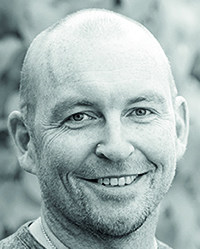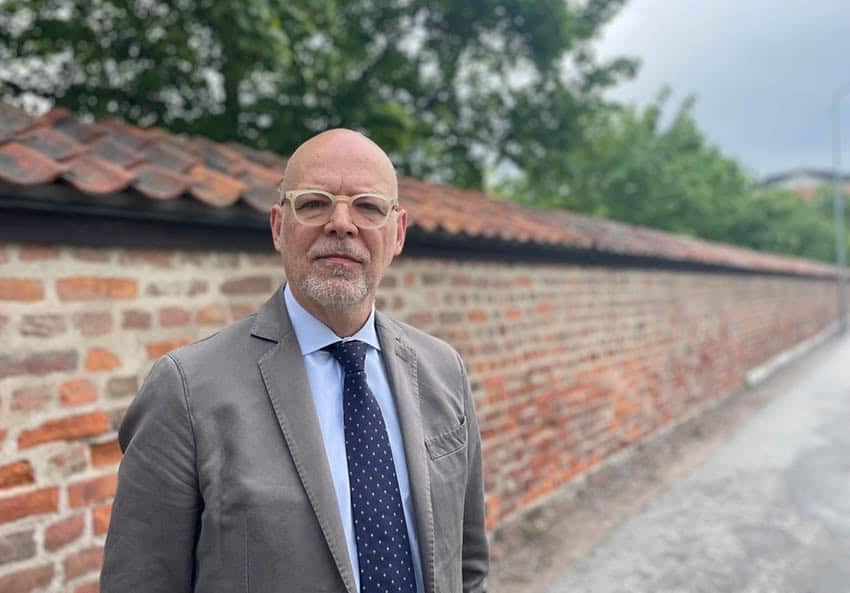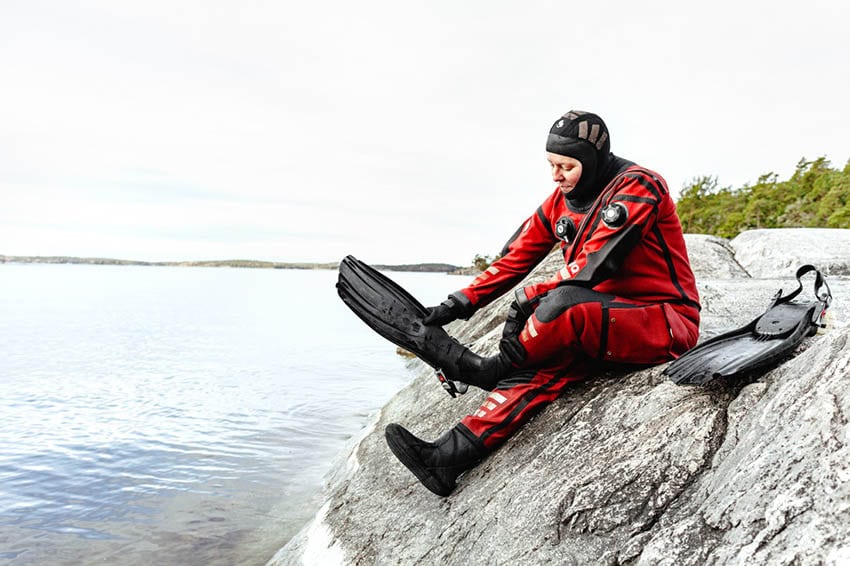Alexander Fleming’s work was based on a combination of observation and curiosity. During his experiments, he noticed by chance that moulds of the genus Penicillium had antimicrobial properties that inhibited the growth of bacteria.
That groundbreaking discovery marked the beginning of the antibiotic era and changed medical science fundamentally.
Fleming’s work is a classic example of the importance of openness to unexpected discoveries in research. He obviously had time to follow up on a side track he stumbled upon in his laboratory.
Ronnie Berntsson is a docent in medicinal chemistry and biophysics at Umeå University. He is also Chair of the Young Academy of Sweden, an interdisciplinary academy for a selection of the most prominent younger researchers in Sweden.
In his opinion, lack of time, rather than anything else, is the biggest obstacle today to curiosity-driven science and ground-breaking findings.
“Of course, it varies according to what kind of position you have and what discipline you belong to. But my view is that there are few researchers who are so well-funded that they can be free to go off on uncertain tangents,” he says.

Ronnie Berntsson
Chair of the Young Academy of Sweden
Researchers are stressed about having to spend a lot of time renewing their funding within the time frames set by research funders.
“Today’s financing system is too short-term. There is too little money for individual researchers and the projects are too short for them to dare to bet on uncertainties. More researchers need long-term funding.”
”Today’s financing system is too short-term. There is too little money for individual researchers.”
In addition to the obstacles caused by lack of time, academic freedom is also limited by researchers needing to adapt to what they can apply for money for at all.
“Academic freedom can never be total. Obviously, researchers need to adapt their applications to the criteria for the funding available. The problem is worse when there are political demands that a greater proportion of research funding be devoted to certain narrow niche subjects. Both I personally and the Young Academy of Sweden advocate broad open calls for applications to finance the best research,” says Berntsson.
For other activities that are financed by tax money, it is generally accepted that politicians govern what the money should be used for. Why should research be free?
“Researchers are better than politicians at identifying what areas are interesting to research within for the future. If you want the best research, it has to be free. Politicians and other actors in society can make tactical decisions and say that we have to research this particular subject now because there is a problem here today. That may be relevant, and we need to have applicable research as well. But we need a large percentage of free basic research as a cornerstone, because politicians and society simply do not know what challenges we will face in 20 to 30 years.”
A telling example is the covid-19 vaccine, which was able to be developed so quickly during the pandemic. Many years of basic research are behind various methods that made it possible to produce these vaccines in record time.
Within the Young Academy of Sweden, the members are discussing free and curiosity-driven research quite a lot right now, as they are writing a consultation response to the government’s Research Funding Inquiry. That investigation proposes that three new agencies should distribute all government external funding that is open to competition: the Swedish Research Agency, the Swedish Foundation for Strategic Research and the Swedish Innovation Agency.
”Researcher representation is too low in the proposed state agencies for strategic research and innovation.”
“There are several good suggestions in the inquiry’s report, but there are also a couple of enormous problems with the proposal, which means that I and the Young Academy of Sweden do not think it is good. Researcher representation is too low in the proposed state agencies for strategic research and innovation. That means that they could be governed very politically, be more niche and less open, resulting in poorer quality within strategic research. We need both free, curiosity-driven basic research and strategic research, and both need to focus on quality,” says Ronnie Berntsson.



















